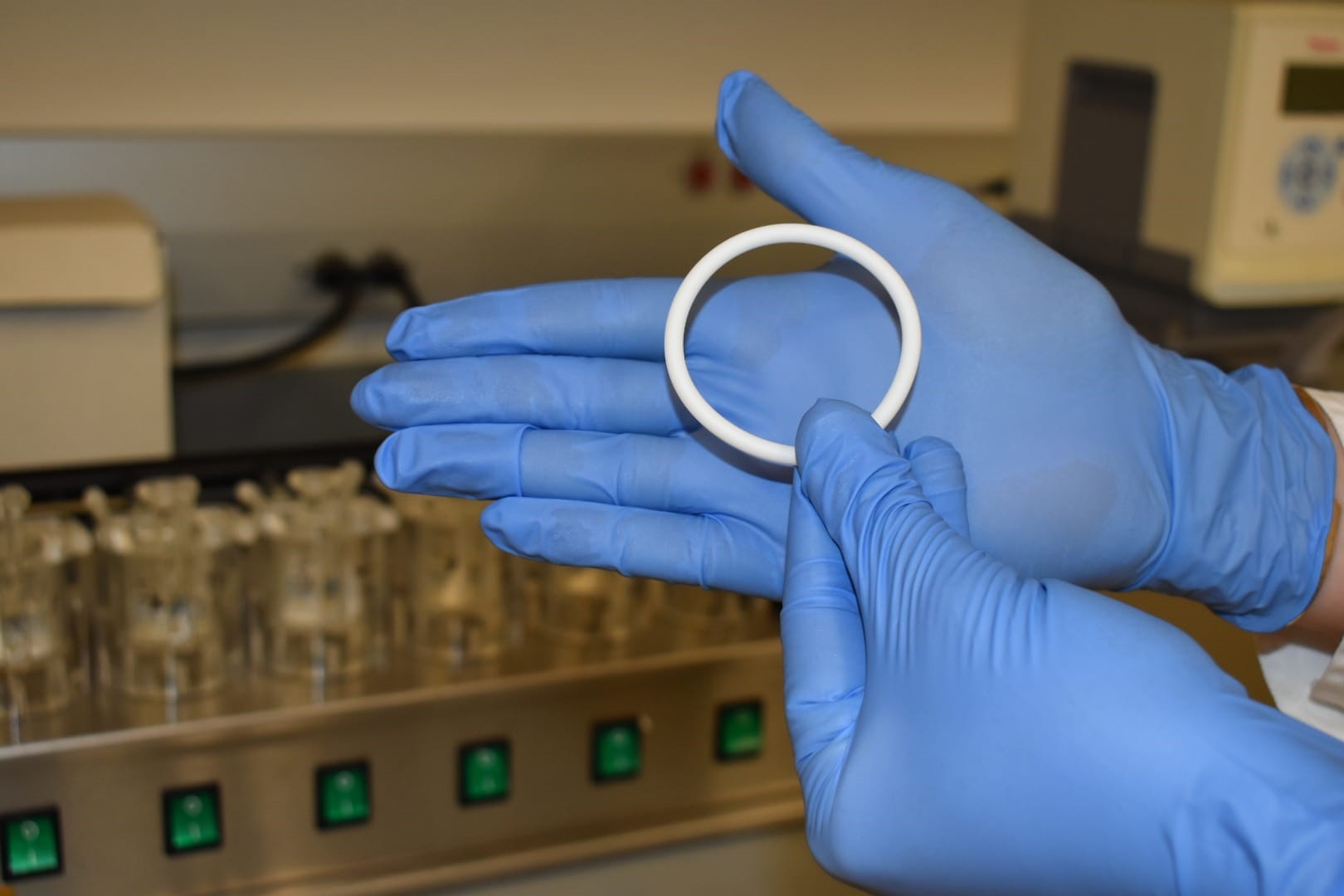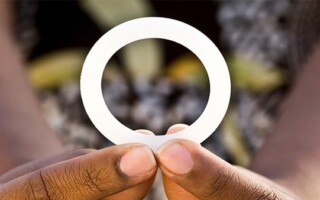
The Issue
Despite global efforts to reduce the number of new HIV infections to 500,000 by 2020, an estimated 1.3 million people became newly infected with HIV in 2022. In Sub-Saharan Africa, adolescent girls and young women are disproportionately impacted by HIV and are more than 3 times as likely to acquire HIV than their male peers. Women also face the risk of unintended pregnancy. Nearly half of all pregnancies, 121 million each year, are unintended. As a result, 60% of unintended pregnancies end in abortion, 45% of which are unsafe, which contributes to between 5 and 13% of all maternal deaths.
The overlapping global burdens of unintended pregnancy and HIV highlight the need for contraceptive multipurpose prevention technologies that can also prevent HIV. Data indicate that women prefer, and are more likely to use, a multipurpose prevention technology that prevents pregnancy and HIV over one that prevents only pregnancy or HIV, yet condoms are the only approved multipurpose prevention technology.
The Progress
Building on the successful development of the one-month dapivirine vaginal ring for HIV prevention, which received a positive opinion from the European Medicines Agency in 2020, the Council is developing a dual purpose dapivirine vaginal ring with levonorgestrel for contraceptive protection. This ring is an ethylene vinyl acetate core-sheath vaginal ring designed to slowly release the antiretroviral drug dapivirine and the contraceptive hormone levonorgestrel. Women would insert the ring themselves into the vagina and replace it every three months, offering them a user-controlled, long-acting dual prevention option.
Two Phase I trials demonstrated no safety concerns and above-target plasma levels with the dapivirine-levonorgestrel combination. Together with the National Institute of Child Health and Human Development, a Phase Ib trial of the ring is ongoing. The dapivirine-levonorgestrel ring is a natural extension of the dapivirine vaginal ring with a relatively short pathway to regulatory approval.
The Impact
New products are urgently needed to address women’s dual risks of unintended pregnancy and HIV. The three-month dapivirine-levonorgestrel vaginal ring is the multipurpose prevention product that is farthest along in the development pathway, building on the successful development and marketing the one-month dapivirine vaginal ring for HIV prevention. If approved, the dapivirine-levonorgestrel vaginal ring could have a significant impact on reducing new HIV infections among women in sub-Saharan Africa and would expand choice for women at risk of unintended pregnancy and HIV.




